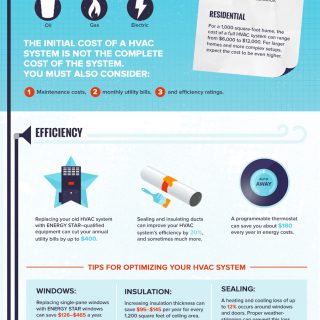When deciding in between air resource and ground resource heatpump, you might find yourself evaluating factors like efficiency, price, and ecological effect. Each option uses unique advantages, but which one aligns best with your requirements and priorities? As you explore the differences between these 2 sorts of heatpump, you'll uncover vital understandings that can direct you towards making an informed decision that matches your distinct conditions. Keep tuned for a deeper dive into the nuances of air source versus ground resource heatpump to aid you navigate this essential choice.
Effectiveness and Performance Comparison
When comparing air source and ground resource heatpump for effectiveness and efficiency, it's necessary to think about exactly how each system operates in various problems. Air resource heatpump draw out heat from the outdoors air, making them more prone to variations in temperature. This suggests they may be much less reliable in extremely cool climates.
On the other hand, ground source heat pumps utilize steady underground temperature levels for warmth exchange, offering even more constant efficiency despite exterior climate condition. Ground resource heatpump are normally extra energy-efficient over time because of the secure warmth resource underground. Furthermore, best air conditioner for home have a tendency to have a longer lifespan contrasted to air resource heatpump, which could affect lasting efficiency and maintenance prices.
Price Evaluation: Setup and Maintenance
For a comprehensive comparison between air resource and ground resource heat pumps, it's essential to assess the expenses connected with their installation and upkeep. https://www.contractingbusiness.com/residential-hvac/article/21118522/trane-releases-runtru-residential-hvac-unit have lower ahead of time setup costs compared to ground source heat pumps. The installation of air resource heatpump involves less facility excavation and exploration, making it a much more economical alternative for numerous house owners.
However, ground resource heatpump are understood for their higher efficiency, which can result in reduced long-lasting energy costs, potentially countering the initial setup costs in time.
When it pertains to upkeep expenses, air resource heat pumps are normally much easier and more economical to preserve compared to ground source heatpump. Ground resource heat pumps require regular look at the underground loop system, which can sustain additional maintenance costs.
On the other hand, air source heat pumps usually call for straightforward filter changes and periodic specialist examinations, maintaining upkeep expenses fairly low.
Think about both the upfront installation prices and lasting maintenance costs when choosing between air source and ground source heat pumps to establish which option lines up ideal with your spending plan and requirements.
Environmental Impact Evaluation
Analyzing the ecological effect of air resource and ground source heatpump is necessary in recognizing their sustainability.
Air resource heat pumps require electrical energy to run, which can lead to boosted carbon emissions if the electrical energy originates from nonrenewable fuel sources. On the other hand, ground resource heatpump utilize the steady temperature level of the ground to warmth and cool your home, causing lower power usage and lowered greenhouse gas discharges.
The installation of both kinds of heat pumps entails some degree of ecological influence, such as making use of refrigerants in air source heatpump or the excavation needed for ground loopholes in ground source heat pumps. Nonetheless, ground resource heatpump have a longer life-span and greater effectiveness, making them a more environmentally friendly alternative in the future.
Conclusion
When choosing in between air source and ground source heatpump, consider your environment, budget plan, and environmental objectives. Air resource heatpump are a lot more cost-effective ahead of time, however ground source heat pumps use higher effectiveness and long-term financial savings. Pick the alternative that straightens with your priorities and demands for a comfy and sustainable home heating solution.
